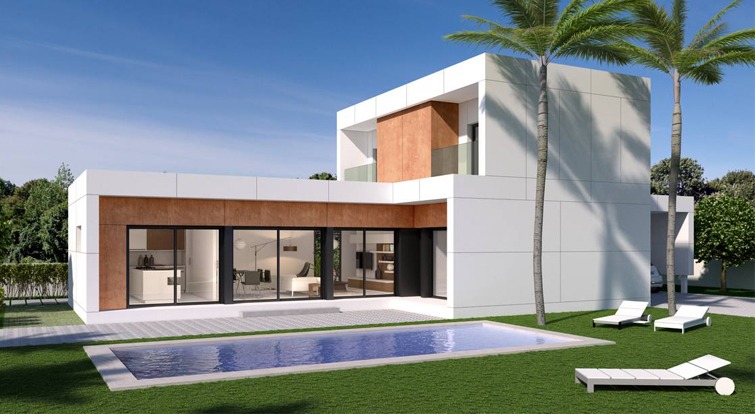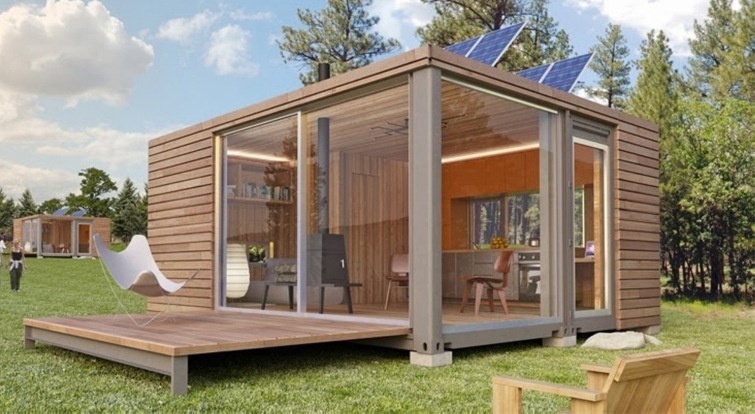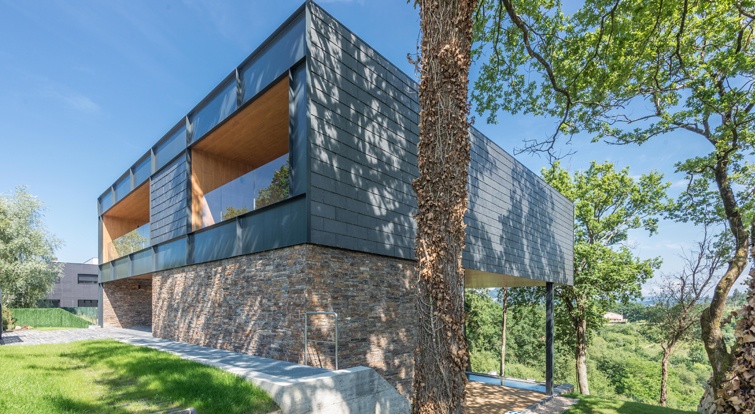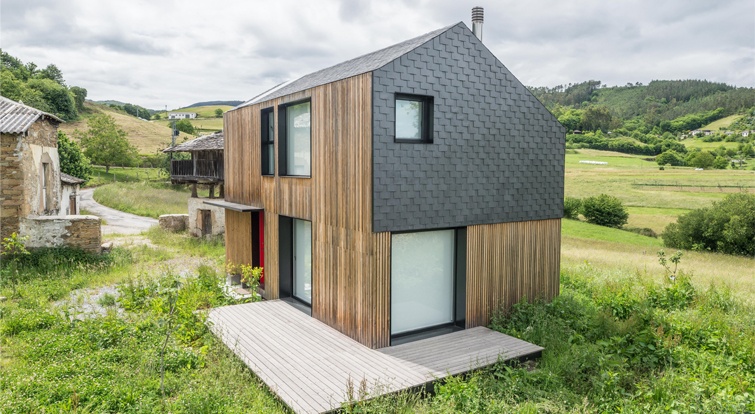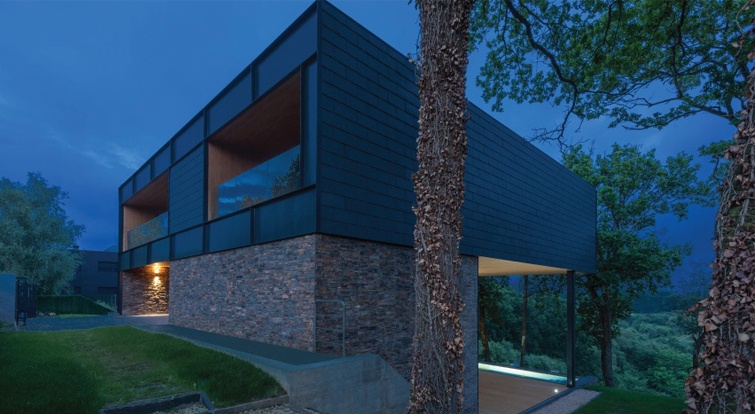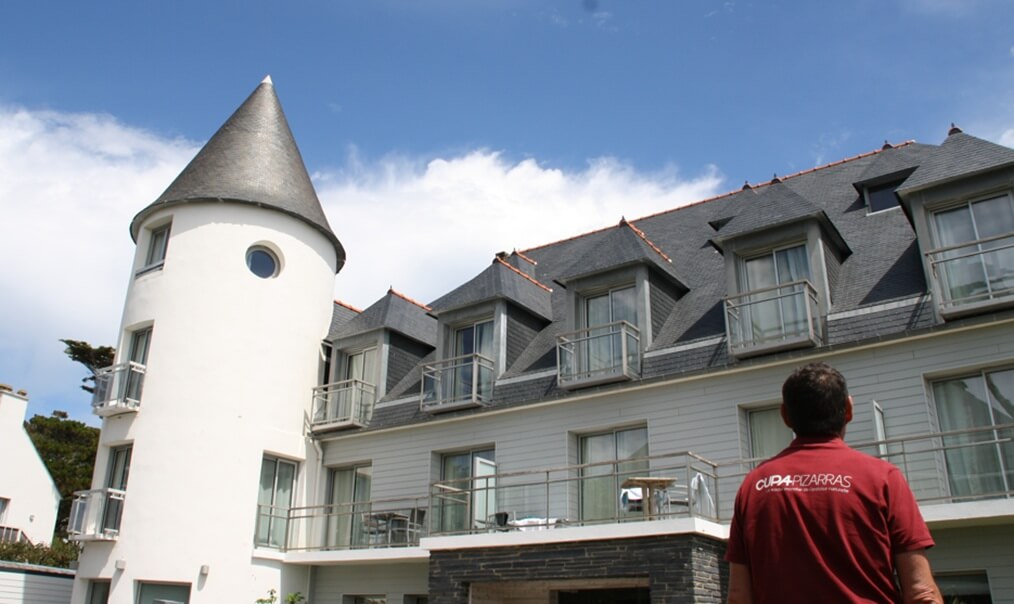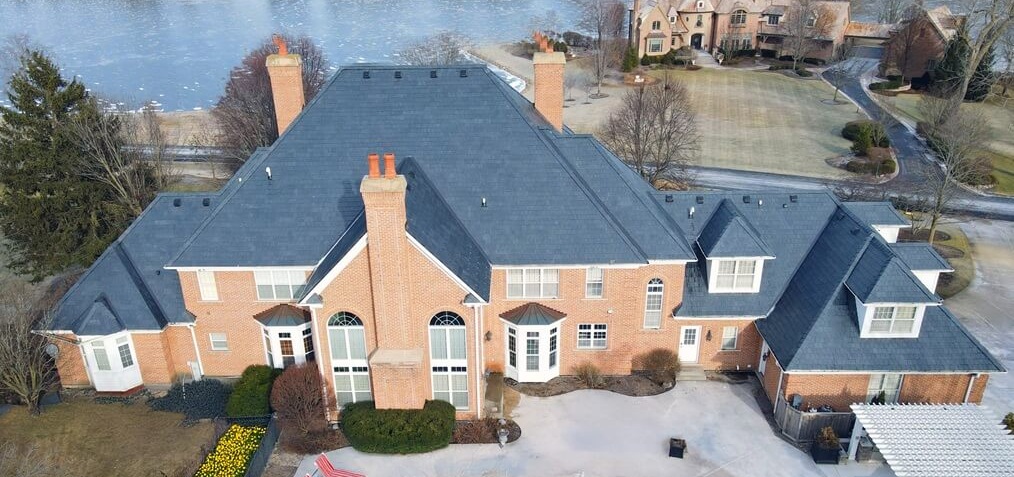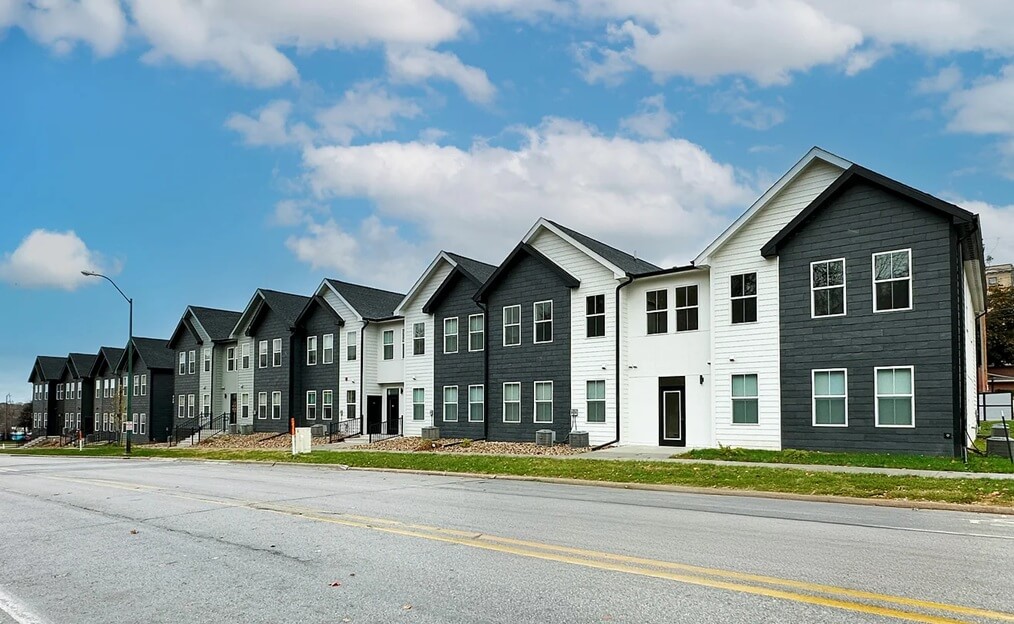Top 3 materials for modular homes
Starting as an affordable housing solution, modular homes have evolved over time, now coming in all shapes and sizes, some of them featuring cutting-edge design. Sometimes referred as “the future of housing“, they have become increasingly fashionable as an environmentally friendly solution.
Modular homes are built in separate parts or “modules”, normally in a factory, and then transported to the final site and assembled by professional installers. This simple system makes it possible to significantly shorten construction times.
Recent studies show that, when compared to traditional slab and column construction, modular homes have less wastage, water usage and material requirements during the building process. Speaking of materials, the following three can be found in an increasing number of projects, and for very good reasons:
-
Concrete
Usually found in many current modular constructions, it helps achieve optimum acoustic and thermal insulation.
Photo: abcmodular.com
It is also a highly durable and resistant material that can withstand almost everything, from earthquakes to hurricanes.
In addition, once its life cycle has finished, concrete can be reused, for example, in pavements.
-
Wood
Wood is a lightweight material ideally suited to modular building. Contrary to popular beliefs, it can support its own weight better than other materials like steel while also being naturally resistant to electrical conduction and having great sound-absorbing properties.
-
Natural slate
This metamorphic rock has a durability of over 100 years and can be produced in almost any size and shape. 100% natural, slate is produced without using any chemical products and maintains its colour and properties over time better than other artificial alternatives.
The following modular houses combine all three products and avant-garde design for a truly inspiring result:
Montaña house 
This project is part of a new system of houses created by the architecture study Baragaño, in collaboration with ArcelorMittal, known as B Homes.
Floating amongst trees 
This sustainable dwelling is inspired by natural materials to blend in with the surrounding environment: natural slate, stone, wood.

